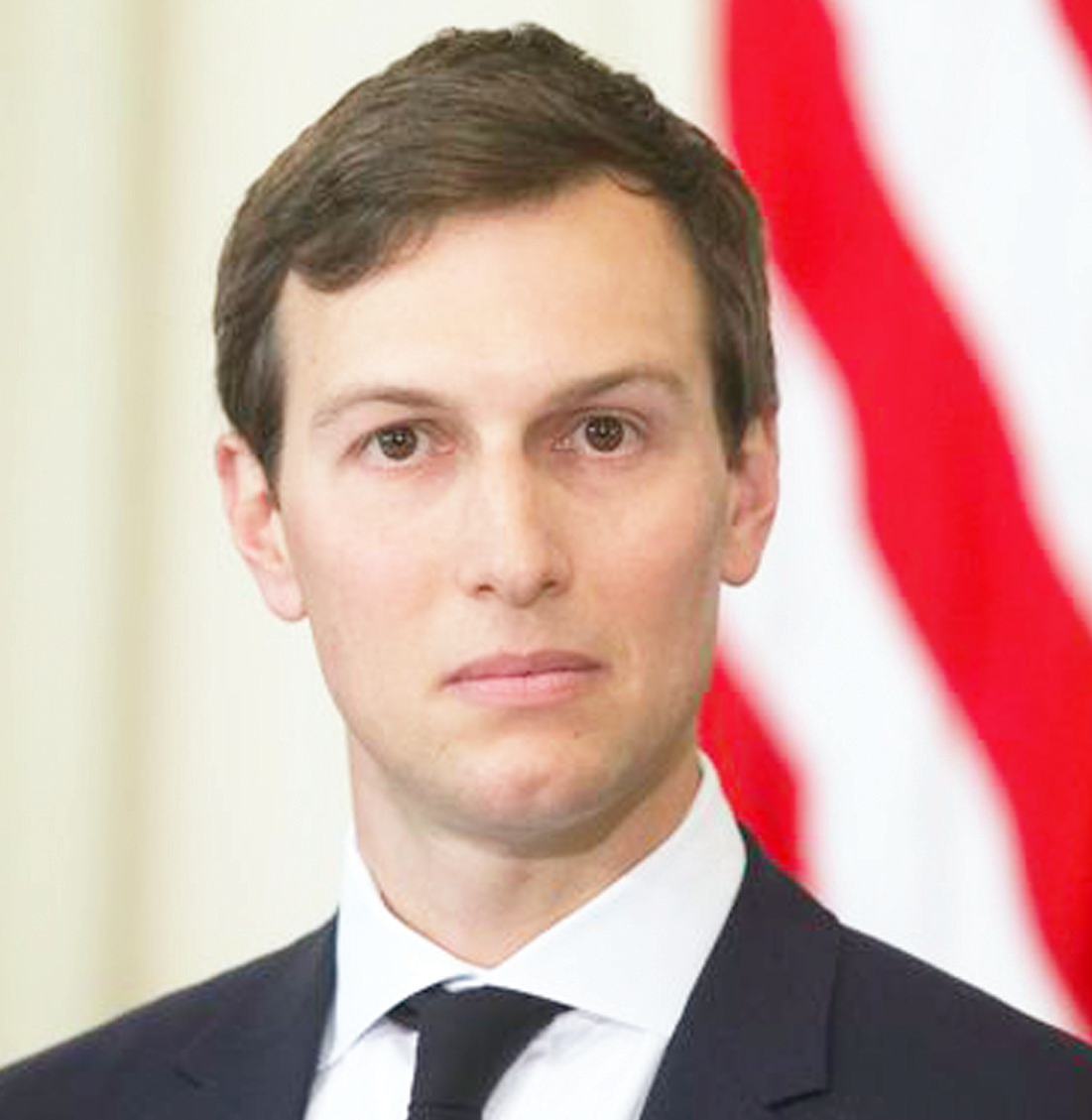
VIENNA (TIP): OPEC decided on May 25 (Thursday) to extend cuts in oil output by nine months to March 2018, OPEC delegates said, as the producer group battles a global glut of crude after seeing prices halve and revenues drop sharply in the past three years.
The cuts are likely to be shared again by a dozen non-members led by top oil producer Russia, which reduced output in tandem with the Organization of the Petroleum Exporting Countries from January.
OPEC’s cuts have helped to push oil back above $50 a barrel this year, giving a fiscal boost to producers, many of which rely heavily on energy revenues and have had to burn through foreign currency reserves to plug holes in their budgets.
Oil’s earlier price decline, which started in 2014, forced Russia and Saudi Arabia to tighten their belts and led to unrest in some producing countries including Venezuela and Nigeria.
The price rise this year has spurred growth in the U.S. shale industry, which is not participating in the output deal, thus slowing the market’s rebalancing with global crude stocks still near record highs.
By 1150 GMT, Brent crude had fallen 1.3% to around $53 per barrel as market bulls were disappointed OPEC would not deepen the cuts or extend them by as long as 12 months. [O/R] OPEC oil ministers were continuing their discussions in Vienna after three hours of talks. Non-OPEC producers were scheduled to meet OPEC later in the day. In December, OPEC agreed its first production cuts in a decade and the first joint cuts with non-OPEC, led by Russia, in 15 years. The two sides decided to remove about 1.8 million barrels per day from the market in the first half of 2017, equal to 2% of global production.
Despite the output cut, OPEC kept exports fairly stable in the first half of 2017 as its members sold oil from stocks. The move kept global oil stockpiles near record highs, forcing OPEC first to suggest extending cuts by six months, but later proposing to prolong them by nine months and Russia offering an unusually long duration of 12 months.
“There have been suggestions (of deeper cuts), many member countries have indicated flexibility but … that won’t be necessary,” Saudi Energy Minister Khalid al-Falih said before the meeting.
Source: Reuters





Be the first to comment